Tips On How To Keep Your Car Organized!
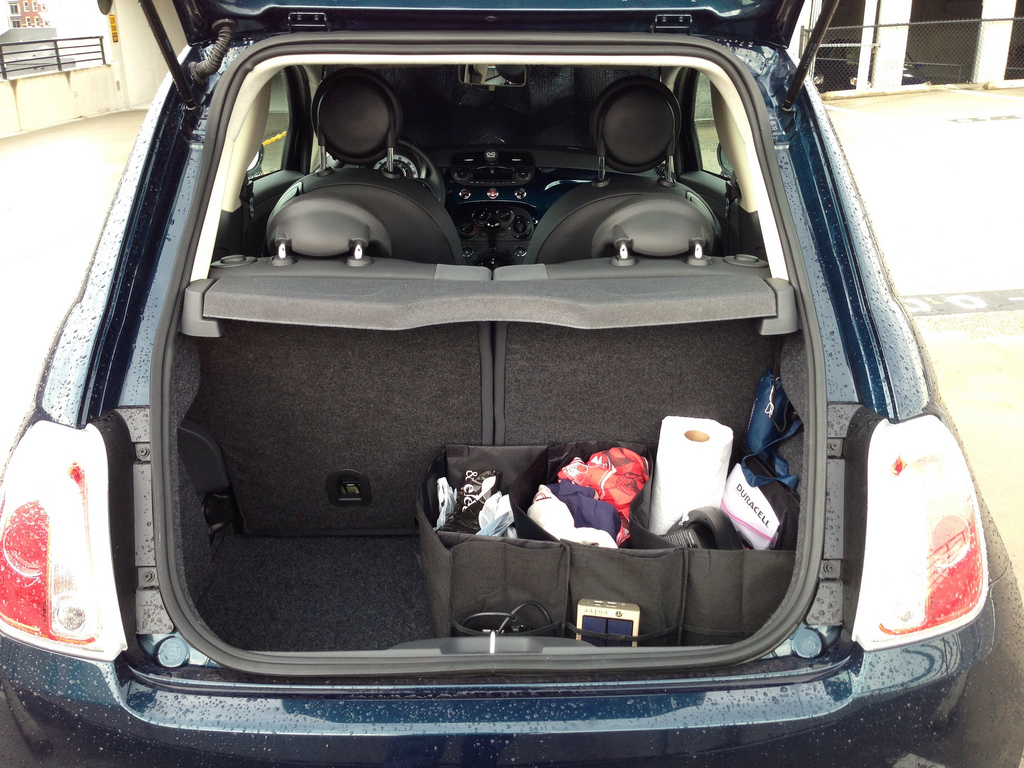 vehicle -- minivans, SUVs -- and the more people they haul, the more disorganized they can get. Don't let your minivan turn into a rolling dumpster -- here are some great ideas for keeping it organized.
vehicle -- minivans, SUVs -- and the more people they haul, the more disorganized they can get. Don't let your minivan turn into a rolling dumpster -- here are some great ideas for keeping it organized. What's Leaking From My Car?
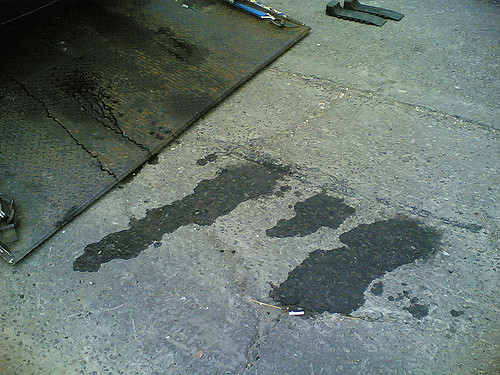 feeling. What could it be?
feeling. What could it be? A/C Problems Demystified
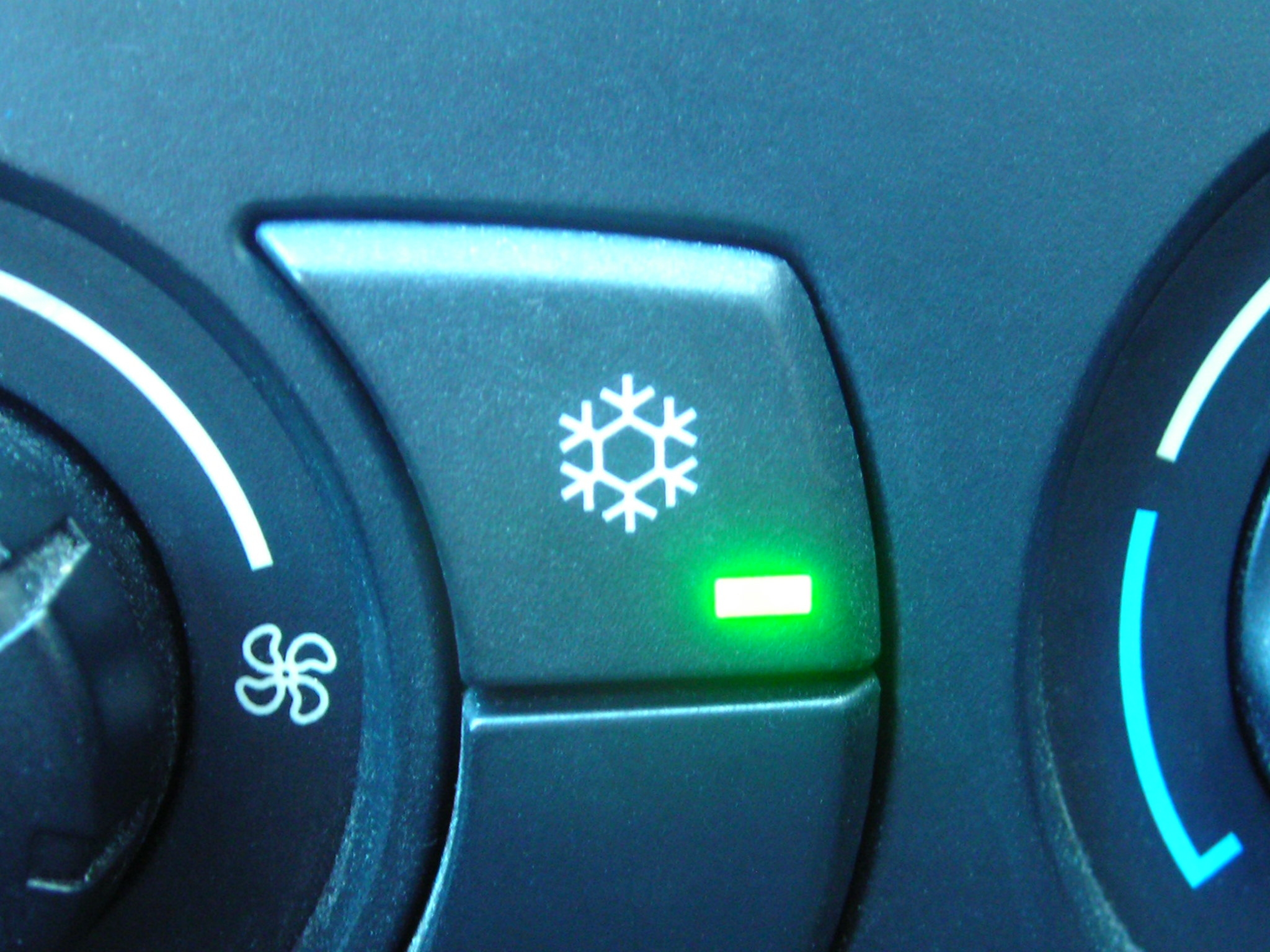
- Compressor
- Condenser
- Receiver/dryer
- Thermostatic expansion valve
- Evaporator
- Refrigerant
- Blower
Regular, Synthetic or Blend...What Kind of Oil Do I Need?
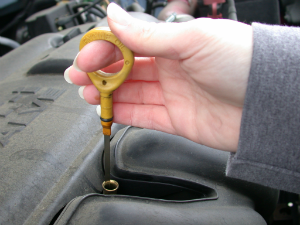 At one time, there were only a couple of choices for motor oil. Today, that is no longer the case, and hasn't been for quite some time. Here's a quick breakdown of what you need to consider when it's time for an oil change:
At one time, there were only a couple of choices for motor oil. Today, that is no longer the case, and hasn't been for quite some time. Here's a quick breakdown of what you need to consider when it's time for an oil change:
- Viscosity: Viscosity is how thick your oil is, and how it retains its pour properties at various temperatures. In this respect, synthetic oil is far superior. Conventional oils will thicken in cold weather and thin out when very hot, while the viscosity of synthetic is much more uniform. Check your owner's manual -- many newer models require a thinner, lower-viscosity oil, which also helps the engine run more efficiently. Viscosity is expressed as a numerical value -- the lower the number, the thinner the oil. Many are designed to work a ...[more]
Cars That Last 250,000 Miles or More
 If you’re old enough, you probably remember the cars from the late 70s and early 80s that weren’t good for much more than 120,000 miles before they started to develop real problems and were junkyard bound. Today, thanks to improvements in design, metallurgy, manufacturing techniques and machining, those days are over and it’s not at all unusual to see vehicles with well over 200,000 miles on the odometer and still running strong.
If you’re old enough, you probably remember the cars from the late 70s and early 80s that weren’t good for much more than 120,000 miles before they started to develop real problems and were junkyard bound. Today, thanks to improvements in design, metallurgy, manufacturing techniques and machining, those days are over and it’s not at all unusual to see vehicles with well over 200,000 miles on the odometer and still running strong.
Here’s a quick rundown of some vehicles to consider which have a track record of being good for 250k miles or more:
- Toyota Corolla: Probably not a surprise to fans of Toyotas, the simple, no-frills Corolla hasn’t changed much since the early 00s…but Toyota’s approach to the tried-and-true Corolla ...[more]
Questions You Shouldn’t Be Afraid to Ask Your Auto Repair Tech
Often, drivers are mystified by how their cars actually work. It’s to be expected. Even an older car is a complex machine with many sub-assemblies that all work together to move it down the road.
As a result, drivers tend to be a little intimidated by auto repair and often tend to not inform themselves by asking the necessary questions of a tech or a garage. Too often, that ends up being a big mistake. Here are some examples of the kinds of things you really should know before any auto repair work starts:
- Does your shop work on any kind of vehicle? Of course, most shops can service a product from GM, Ford, Chrysler, Nissan, Toyota and the other leading makes. Some makes, however, require a lot more training and experience, o ...[more]
Differential Service: Too Often Neglected by Drivers
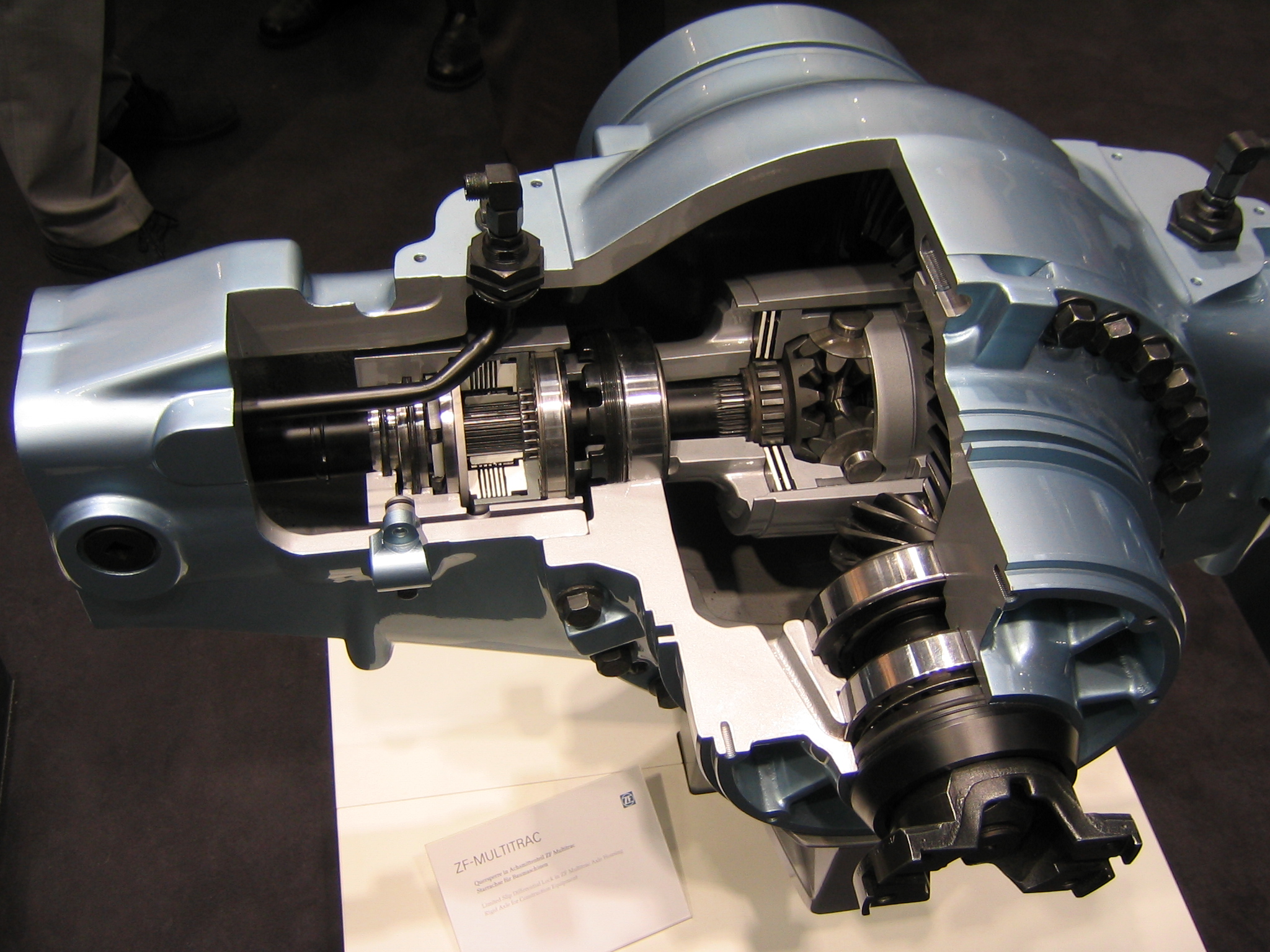
Winter Safety Tips – Don’t End Up In the Ditch!

Squeeze a Few More Miles Out of That Gallon of Gas
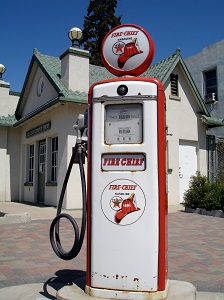
The Holidays Are Coming – Is Your Vehicle Ready?

| << Previous | 34567891011 | Next >> |



